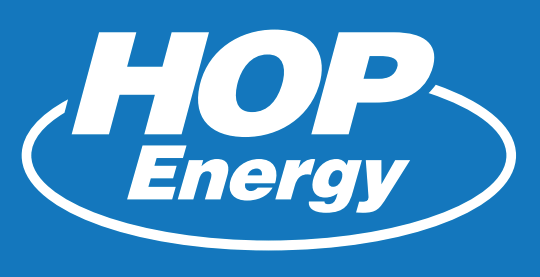As a heating oil customer, your boiler or furnace is one of the key components of your home comfort system. Knowing how these systems work and how to maintain their efficiency can help you make informed decisions and ensure a cozy, comfortable home through even the coldest winter months. Let’s dive into some of the main factors impacting the life and efficiency of your heating equipment.
Table of Contents
How Long Do Boilers and Furnaces Typically Last?
A well-maintained boiler or furnace can provide your home with warmth for many years. On average:
- Boilers often last between 15 to 30 years, depending on the quality, frequency of maintenance, and overall usage.
- Furnaces with regular upkeep generally have a 15 to 20-year lifespan.
However, these ranges are not guaranteed. Factors such as the frequency of maintenance, type of fuel, and operating conditions play significant roles in extending or reducing the lifespan of your heating equipment.
Efficiency and Fuel Usage
The efficiency of your boiler or furnace determines how much of your fuel is converted into usable heat for your home. A high-efficiency system can annually save you hundreds of dollars by using less fuel to achieve the same level of comfort.
- Boilers: High-efficiency boilers can operate at up to 90-95% efficiency, which means that 90-95% of the heating oil they consume is converted directly into heat.
- Furnaces: While traditional oil furnaces have efficiencies of around 80-85%, modern condensing furnaces can reach up to 95% efficiency.
It’s important to note that these older units typically have lower efficiency rates, meaning they use more heating oil to achieve the same level of warmth. Investing in a high-efficiency unit may have an upfront cost, but over time, it will pay off by reducing fuel expenses and lowering utility bills.
Maintaining Efficiency
Routine maintenance is crucial in keeping your boiler or furnace in tip-top shape. Here’s how you can keep your system efficient and extend its life:
- Annual Tune-Ups: Consistent tune-ups by a professional can improve efficiency by up to 10%, ensuring the system burns oil cleanly and evenly. Technicians are trained to inspect, clean, and adjust all components, which can prevent unexpected breakdowns.
- Replace Filters and Clean Parts: Dirty filters and components make your system work harder, using more oil and lower efficiency. Cleaning and replacing these parts regularly is a simple and effective way to boost efficiency.
- Monitor Your Thermostat: Keeping your thermostat at a consistent, moderate temperature reduces the workload on your boiler or furnace. Avoid sudden temperature changes, which force your system to consume more oil.

Signs It's Time to Replace Your Boiler or Furnace
Sometimes, repairs are no longer enough to maintain the comfort and efficiency you expect from your heating system. Here are a few key signs that it may be time to consider an upgrade:
- Increased Heating Bills: A notable increase in your heating oil usage despite no changes in your habits could indicate that your system is losing efficiency.
- Uneven Heating: If you notice that some rooms are warmer or cooler than others, it could indicate that your system is struggling to distribute heat effectively.
- Frequent Repairs: If your system requires constant maintenance, the repair costs could quickly increase, making a replacement more economical.
- System Age: Once your boiler or furnace reaches the upper range of its lifespan, efficiency and performance may decline even with regular maintenance.
Consider Upgrading to a High-Efficiency Model
When it’s time to replace your boiler or furnace, consider upgrading to a high-efficiency model. Today’s units are designed to provide maximum comfort while minimizing heating oil usage. For example, advanced condensing boilers and furnaces have heat exchangers that capture and use more heat, boosting efficiency and reducing waste.
The upfront cost may be higher, but a high-efficiency boiler or furnace can save you significantly on heating oil expenses in the long run, offsetting the initial investment over time.
Choosing the Right Heating System for Your Needs
Selecting a new boiler or furnace requires you to consider your home’s size, layout, and heating needs. A smaller home might benefit from a more compact, high-efficiency unit, while larger homes may require a more robust system. Speak with a heating professional to find a model tailored to your home’s specific needs.
Final Thoughts
Understanding the lifespan and efficiency of your boiler or furnace is key to maximizing your heating oil investment. Regular maintenance, timely upgrades, and smart fuel usage can go a long way in keeping your home warm, comfortable, and energy efficient. As you prepare for the colder months, take a proactive approach to your heating system—after all, a well-maintained boiler or furnace means a happier, cozier home.
By following these tips, you can ensure that your heating oil system runs efficiently and reliably, keeping you comfortable throughout the season.




